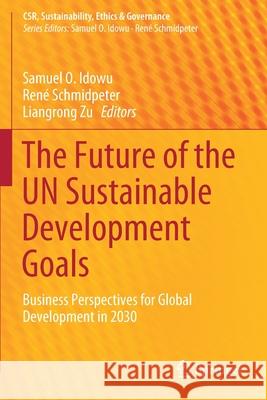The Future of the Un Sustainable Development Goals: Business Perspectives for Global Development in 2030 » książka
topmenu
The Future of the Un Sustainable Development Goals: Business Perspectives for Global Development in 2030
ISBN-13: 9783030211561 / Angielski / Miękka / 2020 / 404 str.
The Future of the Un Sustainable Development Goals: Business Perspectives for Global Development in 2030
ISBN-13: 9783030211561 / Angielski / Miękka / 2020 / 404 str.
cena 805,10
(netto: 766,76 VAT: 5%)
Najniższa cena z 30 dni: 771,08
(netto: 766,76 VAT: 5%)
Najniższa cena z 30 dni: 771,08
Termin realizacji zamówienia:
ok. 22 dni roboczych.
ok. 22 dni roboczych.
Darmowa dostawa!
Kategorie BISAC:
Wydawca:
Springer
Seria wydawnicza:
Język:
Angielski
ISBN-13:
9783030211561
Rok wydania:
2020
Wydanie:
2020
Numer serii:
000464707
Ilość stron:
404
Waga:
0.60 kg
Wymiary:
23.39 x 15.6 x 2.24
Oprawa:
Miękka
Wolumenów:
01
Dodatkowe informacje:
Wydanie ilustrowane











